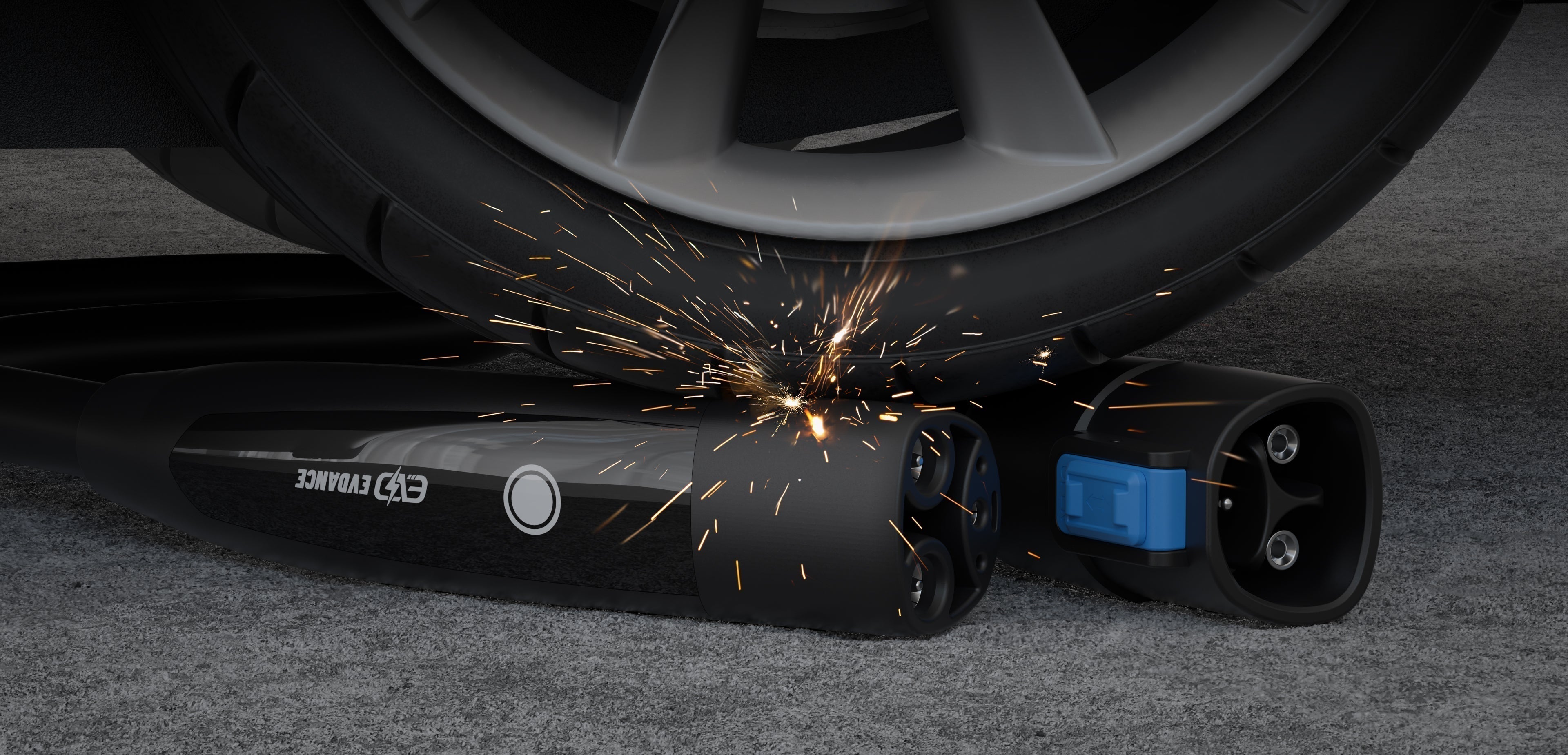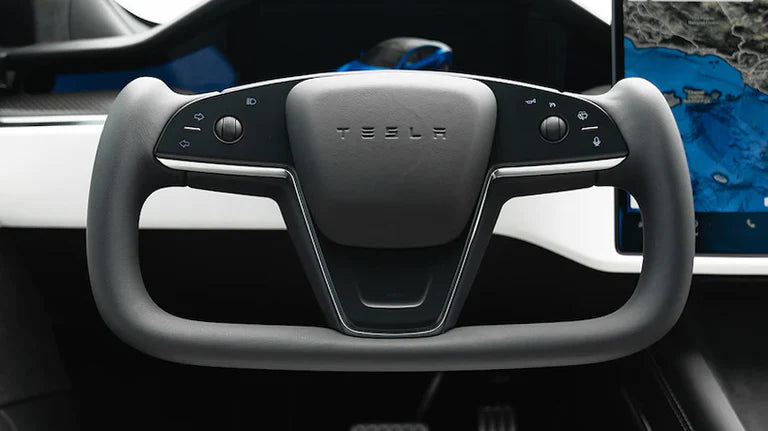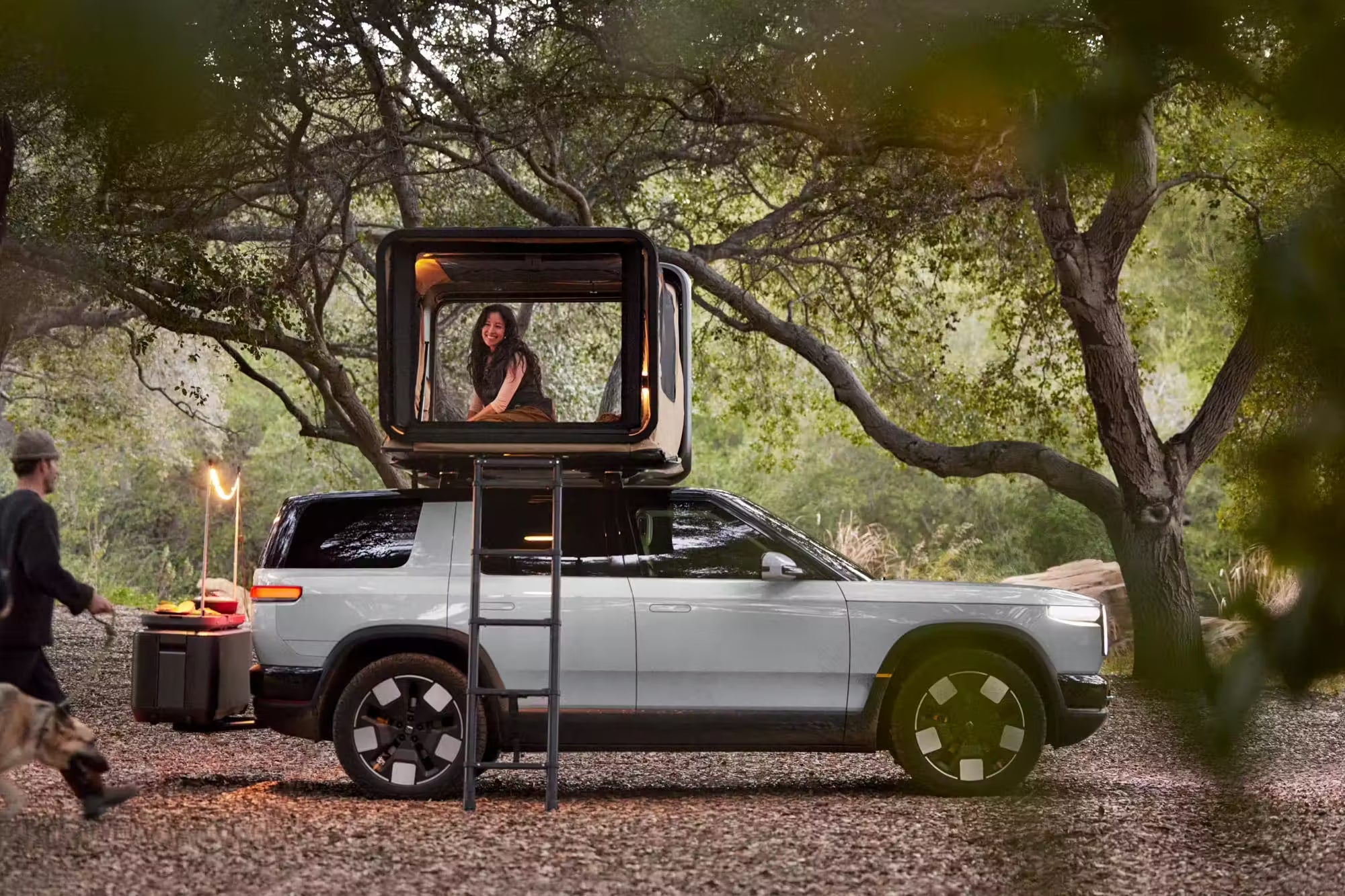Avec la généralisation croissante des véhicules électriques (VE) aux États-Unis, la demande de solutions de recharge à domicile pratiques, flexibles et sûres ne cesse de croître. Pour de nombreux propriétaires de VE, notamment ceux qui n'ont pas immédiatement accès à une borne de recharge murale ou qui doivent stationner leur véhicule à des distances variables de leur source d'alimentation, une rallonge électrique devient un accessoire indispensable. Cependant, toutes les rallonges électriques ne se valent pas, et un mauvais choix peut entraîner de graves risques pour la sécurité, allant de la surchauffe aux incendies électriques.
Dans cet article, nous examinerons les principales considérations de sécurité impliquées dans la sélection d'une rallonge EV et pourquoi la rallonge EV EVDANCE est un choix sûr et performant pour les conducteurs de VE d'aujourd'hui.
Comprendre les exigences électriques de la recharge des véhicules électriques
Les véhicules électriques nécessitent beaucoup plus d'énergie pour se recharger que les appareils électroniques domestiques courants. Alors qu'un chargeur standard pour grille-pain ou ordinateur portable ne consomme que quelques ampères, les chargeurs de niveau 2 pour véhicules électriques peuvent nécessiter 30 à 50 ampères de courant continu à 240 volts . Cette charge électrique élevée sollicite considérablement le câblage, les prises et les connecteurs. L'utilisation d'une rallonge de calibre inadéquat ou mal conçue peut entraîner :
-
Accumulation excessive de chaleur
-
Fonte de l'isolant
-
Arc électrique
-
Surcharges de circuit ou déclenchement de disjoncteurs
-
Risques potentiels d'incendie
La sécurité commence par l'utilisation d'une rallonge spécialement conçue pour la recharge des véhicules électriques. Les rallonges génériques ou domestiques ne sont pas conçues pour supporter les charges élevées et soutenues nécessaires à la recharge en toute sécurité d'un véhicule électrique.
EVDANCE : conception axée sur la sécurité pour les véhicules électriques modernes
La rallonge EVDANCE a été spécialement conçue pour répondre aux exigences rigoureuses de la recharge des véhicules électriques modernes. Avec des modèles dédiés disponibles pour les connecteurs J1772 et NACS (norme de charge nord-américaine) , EVDANCE offre une solution sur mesure adaptée à votre modèle de véhicule électrique.
Remarque : EVDANCE propose deux rallonges distinctes pour véhicules électriques , chacune conçue pour un type de connecteur spécifique . Les clients ont le choix entre :
Une version J1772 , compatible avec la plupart des véhicules électriques non Tesla (par exemple, Ford Mustang Mach-E , Chevrolet Bolt , Nissan Leaf , BMW i3).
Une version NACS , conçue pour les véhicules Tesla et les véhicules électriques adoptant la norme de charge nord-américaine.
Ces cordons ne sont ni à double interface ni compatibles . Choisir la bonne version garantit une sécurité, une compatibilité et des performances optimales.
Cette philosophie d'ingénierie délibérée reflète l'éthique de notre marque : « Charge Beyond Limits » — permettant aux propriétaires de véhicules électriques de recharger en toute sécurité, où que la route les mène.
Principales caractéristiques de sécurité de la rallonge EVDANCE EV
1. Puissance électrique certifiée : 40 ampères, 250 volts
La rallonge EVDANCE supporte jusqu'à 40 ampères à 250 volts , permettant une recharge rapide de niveau 2 pour la plupart des installations de recharge résidentielles pour véhicules électriques. Cette capacité généreuse garantit que la rallonge ne crée pas de goulot d'étranglement ni de chaleur pendant le fonctionnement.
2. Conducteurs en cuivre pur très résistants (10 AWG)
EVDANCE utilise des conducteurs 100 % cuivre pur d'une épaisseur de 10 AWG (American Wire Gauge) . Des fils de cuivre plus épais réduisent la résistance électrique, ce qui minimise les chutes de tension et limite l'accumulation de chaleur lors des longues sessions de charge.
3. Composants homologués UL
Chaque composant de la rallonge EVDANCE est fabriqué à partir de matériaux homologués UL , répondant aux normes de sécurité américaines rigoureuses en matière de résistance au feu, d'isolation électrique et de durabilité mécanique.
4. Conception extérieure résistante aux intempéries (IP66)
La rallonge EVDANCE est certifiée IP66 pour une étanchéité optimale , garantissant un fonctionnement sûr sous la pluie, la neige et les températures extrêmes. Son isolation épaisse et ses connecteurs étanches la protègent de l'humidité et des rayons UV.
5. Modèles de prises spécifiques au véhicule
Plutôt que de proposer une prise universelle, EVDANCE propose des versions spécialisées compatibles avec l' interface J1772 ou NACS . Cette philosophie de conception élimine le recours à des adaptateurs tiers potentiellement peu fiables, améliorant ainsi le confort d'utilisation et la sécurité à long terme.

Erreurs courantes à éviter lors de la recharge des véhicules électriques
En plus de choisir la bonne rallonge, les propriétaires de VE doivent éviter plusieurs erreurs courantes en matière de sécurité de charge :
-
Utilisation de rallonges électriques domestiques non conçues pour la recharge de véhicules électriques
-
Surcharge des circuits avec plusieurs appareils à forte consommation
-
Placer les cordons dans des zones à fort trafic où ils peuvent être endommagés
-
Utilisation de câbles endommagés ou effilochés
-
Chargement dans des conditions humides sans équipement résistant aux intempéries
La rallonge EV EVDANCE est conçue pour atténuer bon nombre de ces risques grâce à ses composants certifiés, sa qualité de fabrication de qualité industrielle et sa conception adaptée à l'extérieur.
Conclusion : Chargez au-delà des limites en toute confiance
L'essor des véhicules électriques implique la nécessité de recharger en toute sécurité, efficacité et confiance. La rallonge EVDANCE offre une solution fiable et de haute qualité, adaptée aux besoins des propriétaires de véhicules J1772 et NACS . En privilégiant la sécurité, la solidité et la résistance aux intempéries, EVDANCE vous permet de recharger votre véhicule au-delà de vos limites .
Que vous vous branchiez depuis votre garage, votre allée ou votre camping, faites confiance à EVDANCE pour offrir la portée, la protection et les performances dont votre véhicule électrique a besoin.








Partager:
Chargeurs portables pour véhicules électriques : le compagnon idéal pour les aventures en plein air
Comment choisir la rallonge électrique adaptée à votre véhicule électrique : un guide pratique pour chaque conducteur